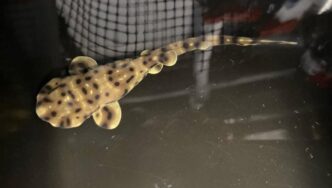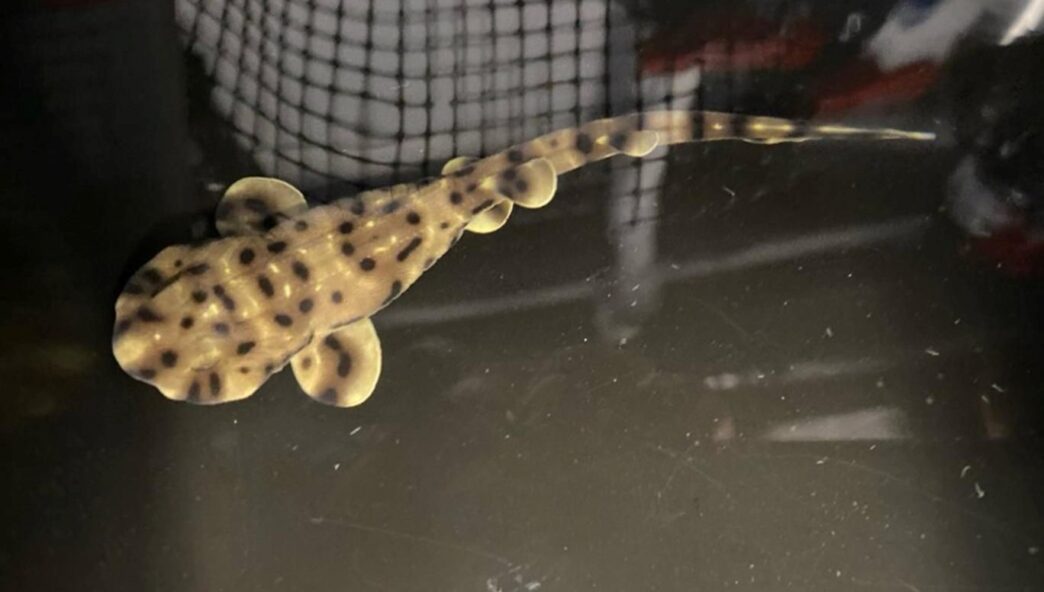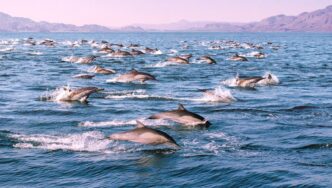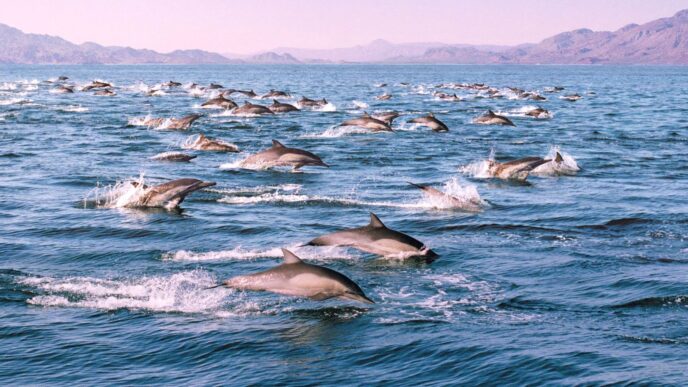A natural event that astonished scientists took place at the Shreveport Aquarium in the US state of Louisiana. A shark cub, which had no contact with any males, was hatched in a tank that hosted only female sharks.
A natural event that astonished scientists took place at the Shreveport Aquarium in Louisiana. A shark cub, which had no contact with any males, was born in a tank that hosted only female sharks. The baby shark, which belongs to the Cephaloscyllium ventriosum species and was named Yoko, hatched from an egg that was noticed about eight months ago on January 3. Aquarium officials stated that this egg may have actually formed two months earlier. In a statement made by the Shreveport Aquarium, it was emphasized that Yoko was born miraculously, and that the female sharks in the aquarium had not come into contact with any males for over three years. PARTHENOGENESIS OR DELAYED FERTILIZATION?
Marine scientists at the aquarium think that this birth most likely occurred through parthenogenesis, that is, asexual reproduction of a species. However, the possibility of delayed fertilization is not being ruled out. Live animal curator Greg Barrick stated that the baby shark will undergo DNA testing in the coming months and the exact cause of this birth will be determined. YOKO’S HEALTH IS BEING CLOSELY MONITORED
Aquarium officials stated that sharks born through parthenogenesis may face serious health problems due to their low genetic diversity. It was announced that Yoko’s health was being closely monitored, but that she would not be exhibited for now. Yoko’s name was inspired by the word “onyoko,” meaning “shark” in the Native American Chumash language. Aquarium officials announced that although visitors will not be allowed to see Yoko, they will provide regular information on social media. This extraordinary birth has the potential to provide new information to the scientific world about the reproductive processes of sharks. Aquarium officials emphasized the importance of this unique event by saying, “Even if Yoko’s time with us is short, she will make invaluable contributions to shark reproduction and conservation.”













